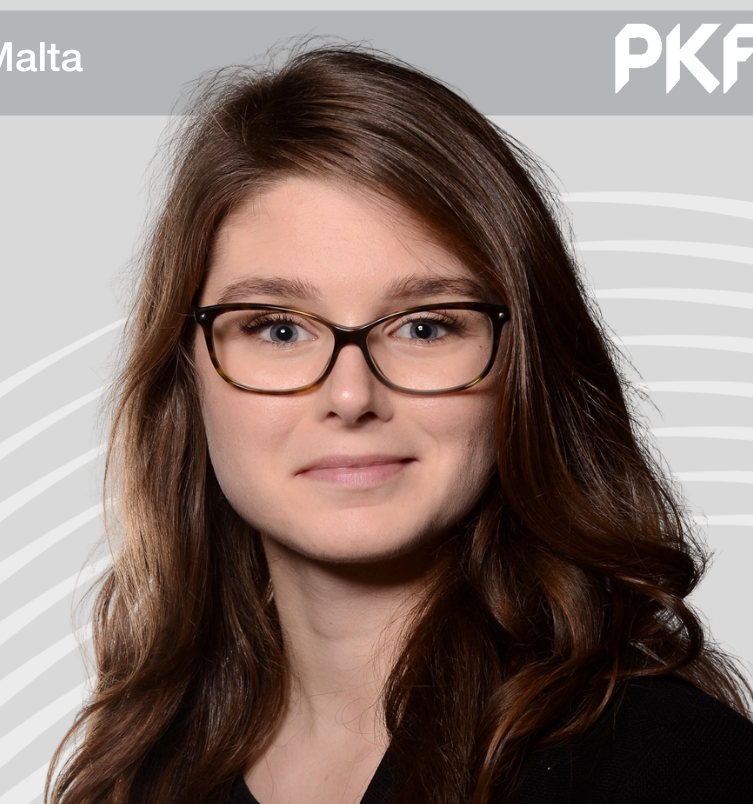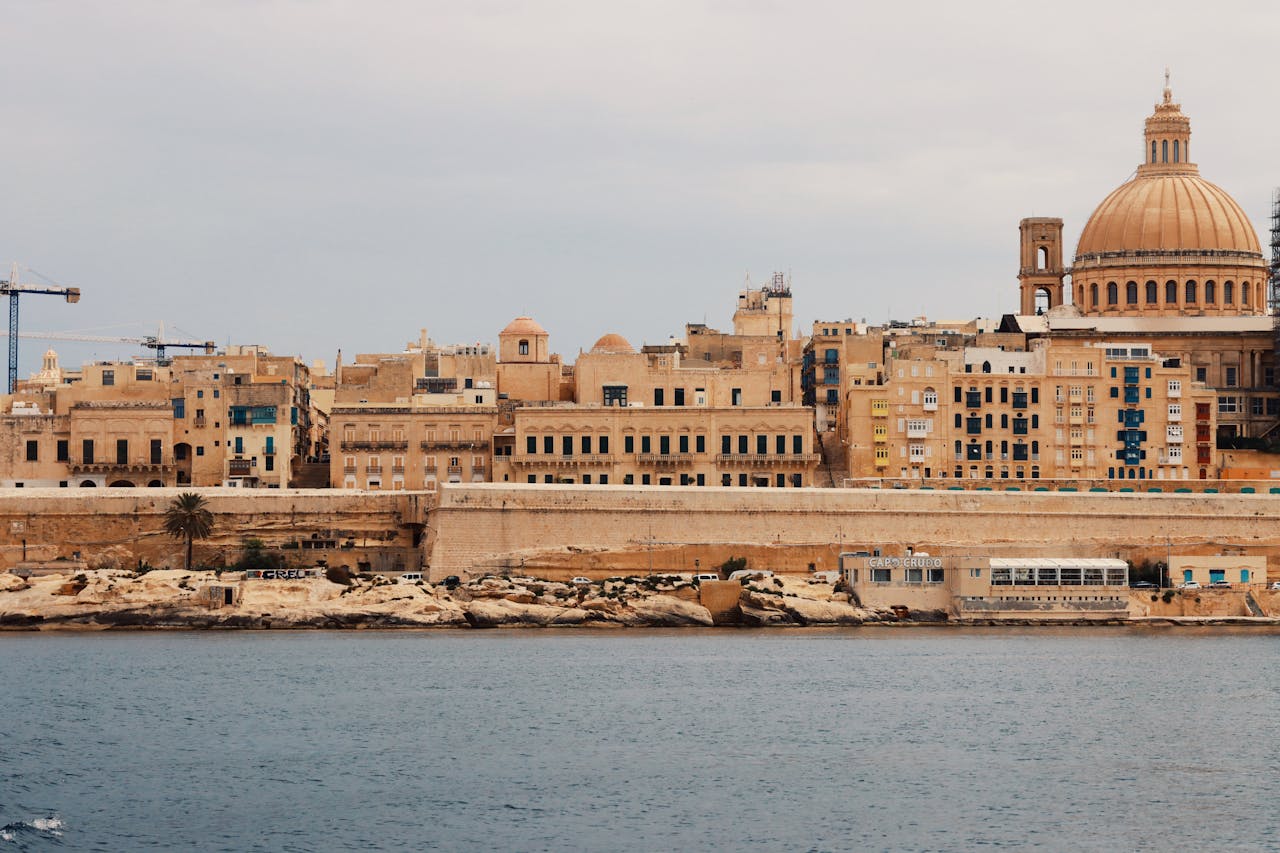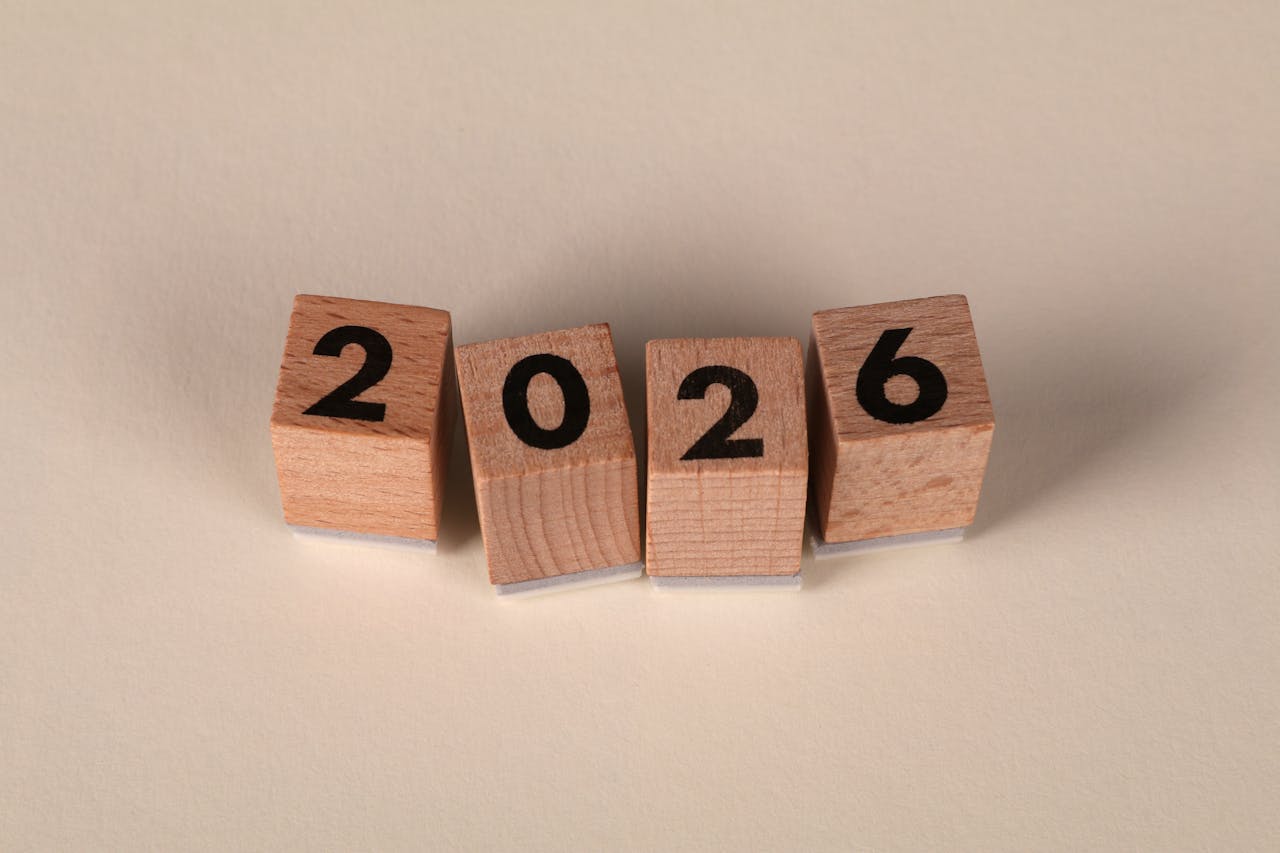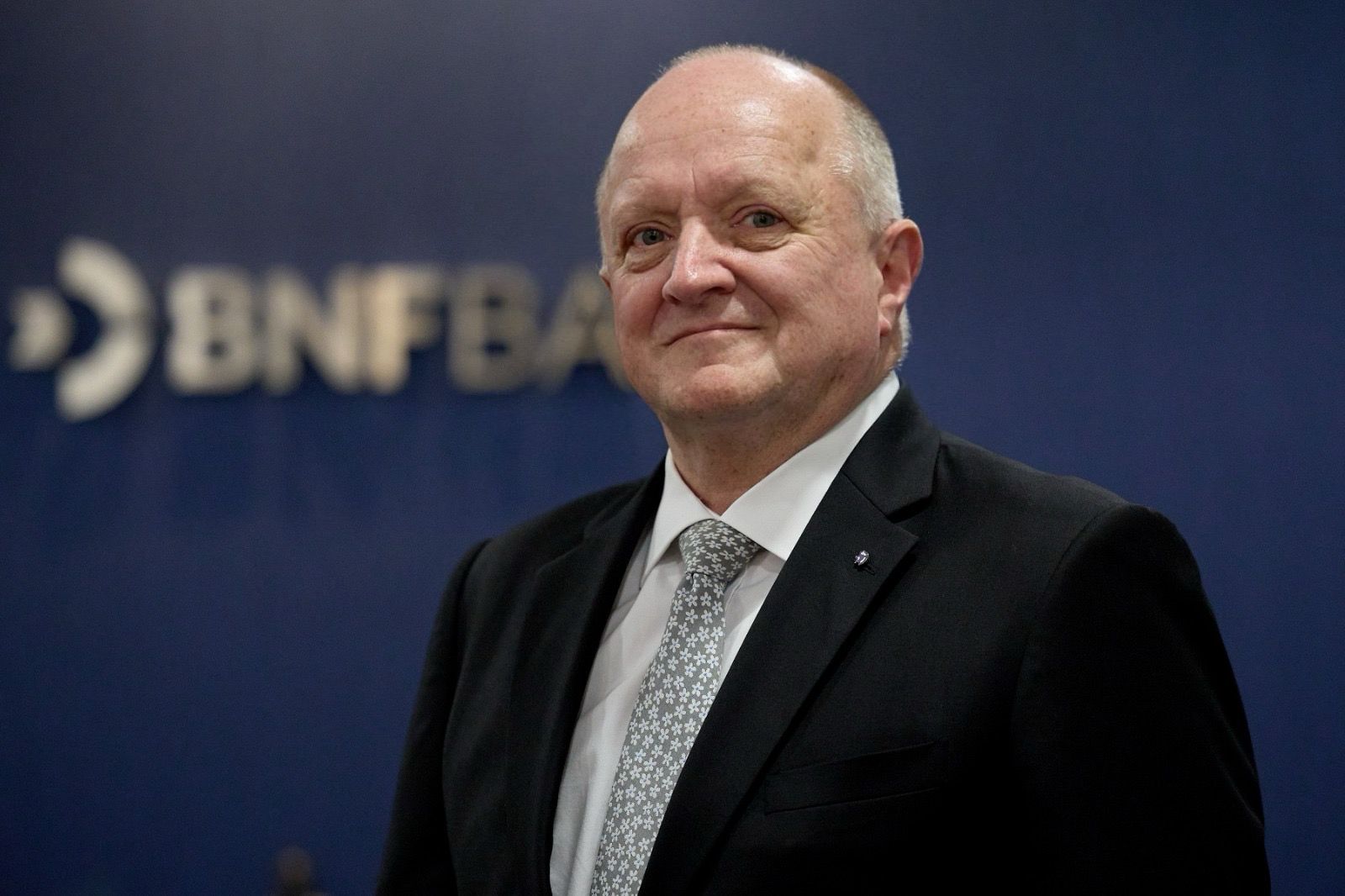With the closing ceremony on 11th August in Paris, the success of the 2024 Olympic Games was clear. For three weeks, Olympic enthusiasm seemed to unite the world in celebrating diversity, human achievement, and, above all, peace. Originating in ancient Greece, the Olympics were initially a celebration of human potential but have since evolved into a platform that transcends borders, fostering camaraderie among nations. The 2024 Paris edition of the games had much in common with the ancient Olympics, which were as much about diplomacy as they were about sports, with truces declared to allow safe passage for athletes and spectators alike.
The Olympics continue to be promoted as a symbol of unity, bringing together athletes from diverse backgrounds to compete on a global stage while showcasing their cultures and values. This role was especially evident in the recent games, where athletes from countries with long-standing conflicts, such as Israel and Palestine, were seen celebrating together at the closing ceremony. However, in an increasingly volatile world, the very events that unite us are also becoming targets for those who seek to sow discord and fear.
This edition of the Olympic Games was surrounded by particularly difficult geopolitical circumstances that raised anxieties about whether the event would be marred by such conflicts. Security threats were heightened as the war in Gaza, Russia’s invasion of Ukraine, ongoing threats from the Islamic State group, homegrown Islamist terror plots, and far-right extremism raised fears of potential attacks. French security was also on high alert for potential cyber-attacks that could disrupt organizational infrastructure, ticketing systems, or transportation. The importance of cyber security was highlighted by the Tokyo Olympics in 2020, which suffered over 450 million cyber-attacks.
In recent years, large-scale events like the Olympics have increasingly become targets for terrorism. The tragic events at the Munich Olympics in 1972, where 11 Israeli were killed by Palestinian militants, serve as a grim reminder of the vulnerabilities that come with hosting such events—especially in light of the current conflict in Gaza. During the Paris Olympics, Israeli athletes were assigned police escorts as no ban was issued to exclude the Israeli team despite calls from the Palestinian side. Meanwhile, Russian and Belarusian athletes were eventually allowed to participate but only as neutral individuals.
Given France’s tragic history with terrorism, French authorities faced a significant challenge in ensuring the safety of participants, team members, and record crowd numbers throughout the event. Even before the games started, small incidents were reported, such as a series of coordinated attacks on the French railways. Interior Minister Gérald Darmanin praised the security operation, stating that French security services delivered a “gold-medal” performance. The world witnessed an unprecedented security effort from opening night onwards, with 75,000 police, soldiers, and private security guards deployed—2,000 of whom were foreign troops and police officers. The success of the Olympics likely depended heavily on effective policing and counter-terrorism measures, which involved close international collaboration.
However, criticisms of the security measures and operations cannot be ignored. Some see Paris’ security approach as overly repressive, with NGOs raising concerns that homeless people, sex workers, and migrants were unfairly targeted. Additionally, anti-Olympics and climate change protest groups faced restrictions on exercising their democratic rights. While preventing unrest is vital for maintaining public order and security, such actions must be carefully weighed against civil liberties and only enforced when truly necessary and proportionate.
In conclusion, while atrocities continue to occur worldwide and terrorist threats are becoming the new normal, Paris managed to let humanity win for three weeks, nearly forgetting its rivalries and peacefully participating in the games. With continued vigilance and cooperation, Paris now looks forward to welcoming the world once again for the Paralympics from 28th August to 8th September.
PKF Malta is a fast-growing, progressive firm specialising in audit & assurance, tax, advisory services, and internal audit insurance. Get in touch with us today via email at: info@pkfmalta.com or contact us here.
Malta’s earnings season
The importance of enhanced transparency, shareholder developments at HSBC Bank Malta, and broader capital market reforms
A chaotic start to 2026
Steady gains in January, but unprecedented swings in commodities, currencies and tech stocks
Strengthening leadership for BNF Bank’s next phase of growth
Two senior Executive Committee appointments signal BNF Bank’s commitment to building a strong leadership foundation for sustainable growth







